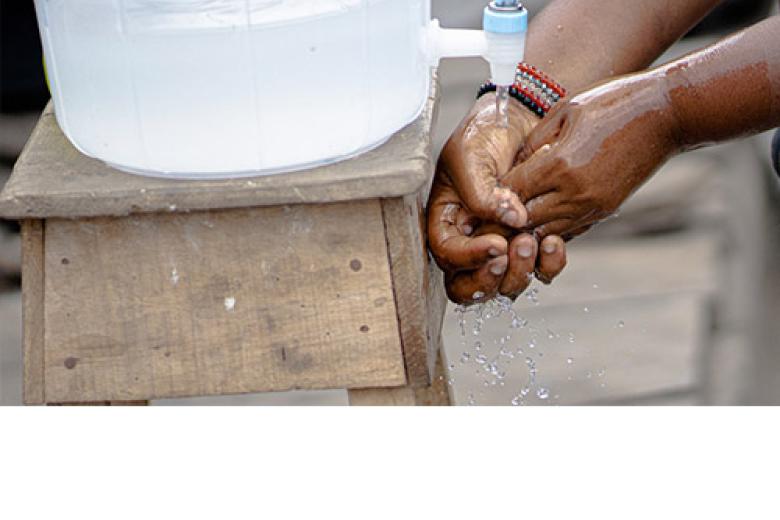gardi.pdf
(2.15 MB, PDF)
… uneven manner across the globe. Definitions of the problem vary from one state to the other, as do enforcement measures and approaches. Organised crime groups (OCGs) continue to make billions of profit by exploiting legal loopholes and weak and uneven checks, resulting in enormous harm to both the environment and human health.2 The transnational nature of this activity requires a correspondingly international response; however, existing international law instruments have not been ratified and … to the heart of the research undertaken in this dissertation. The analysis will depart from a critical discussion on the evolution of the Union’s competences in criminal matters in what, prior to the Lisbon reform, were known as the First and Third Pillar. This discussion will serve as a backdrop against which to evaluate existing EU instruments in the field of criminal law, which could be used in the fight against organised trafficking in waste. In the second part the issue of criminalisation at … creation of databases, specific training and development of good practices.177 Furthermore, in the course of a strategic meeting organised by the European Network of Prosecutors for the Environment (ENPE) and EUROJUST at the end of 2013, the workshop dedicated to the problem of illegal trafficking in waste led to the identification of a number of obstacles to its effective contrast. First among these were differing definitions and interpretations of the existing EU framework in terms of …


